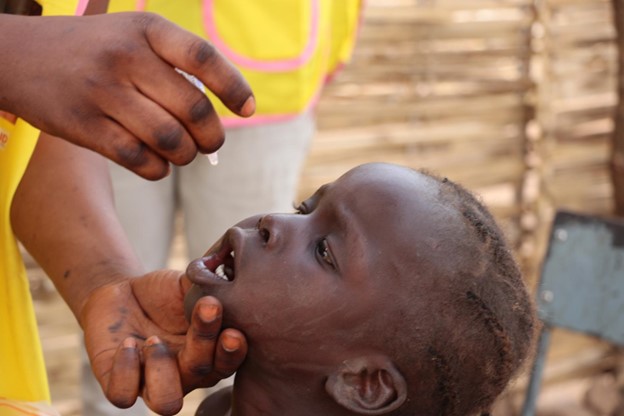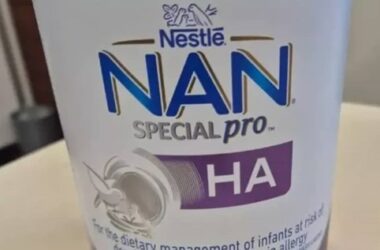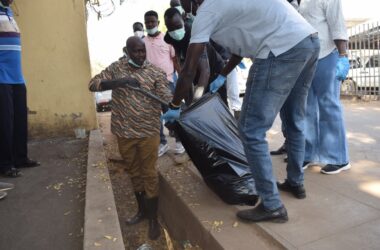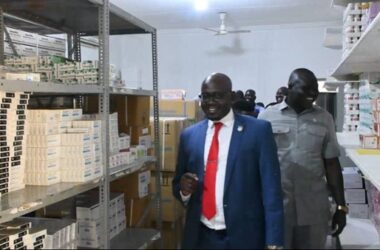By Kei Emmanuel Duku
The Ministry of Health, in partnership with the World Health Organization (WHO) and the United Nations Children’s Fund (UNICEF), has launched a comprehensive integrated health campaign aimed at protecting over 2.1 million children and 1.2 million adults from polio and Schistosomiasis. The campaign, which began today, September 23, 2025, will run through September 26.
During the campaigns, Health workers and volunteers will move door-to-door across 40 counties to administer the novel Oral Polio Vaccine type 2 (nOPV2) to children under five years old.
At the same time, they will also provide preventive measures with Praziquantel tablets to school-aged children and at-risk communities for Schistosomiasis in three specific counties: Awerial, Renk, and Bor South, as well as 11 Payams.
This dual-strategy approach is a significant step forward in public health efficiency, allowing the Ministry to address two critical health priorities with a single, coordinated effort to maximize resources and outreach.
The Minister of Health, Hon. Sarah Cleto Rial, stated that this intervention reflects the country’s unwavering commitment to halting polio transmission. “This dual strategy aims to overcome the challenges of reaching populations in difficult-to-access areas and improving vaccination coverage to stop cVDPV2 outbreaks, which have increased due to low immunization rates,” she said. “We are urging parents and our communities to fully join the fight by having their children vaccinated to strengthen their immunity and mobilize support to ensure the successful implementation of the campaign.”
Dr. Humphrey Karamagi, the WHO Representative in South Sudan, highlighted the consistent effort to combat polio. “Under the leadership of the Ministry of Health, our resolve to fight polio has been consistent and is unrelenting,” he said. “We have built preparedness, preventive and detection capabilities, strengthened surveillance across the country, trained healthcare workers and provided necessary tools. As a result, we can promptly identify cases, investigate and respond.”
The health experts noted the current sub-national polio vaccination campaign is vital for reaching children who were missed in previous campaigns and routine immunization efforts and by accessing this vaccines it helps boost their immunity.
Meanwhile, Obia Ochieng, Acting UNICEF Representative in South Sudan, emphasized the importance of protecting children’s right to health. “Every child has the right to health and to thrive.
Adding that the campaign tackles two significant barriers to children’s right,” he said. “We are proactively protecting our children. Parents and caregivers should get their children immunized, not just against polio but against all preventable childhood illnesses. Because we know that susceptibility to polio also comes from diminished immunity, caused by zero dose, low immunization rates.”
According to the joint press released, the integrated health campaign is a response to the ongoing health challenges facing the country, particularly circulating vaccine-derived poliovirus type 2 (cVDPV2) outbreaks, which have increased due to low immunization rates.
The country is also facing challenges related to Schistosomiasis, a disease caused by parasitic worms that is prevalent in regions with inadequate sanitation and unsafe drinking water.
The expert noted that novel oral polio vaccine type 2 (nOPV2) is a new vaccine used to combat cVDPV2 outbreaks, while the use of Praziquantel tablets targets the parasitic worms causing Schistosomiasis.
This door to door campaign is designed to address multiple public health issues simultaneously, making the most of limited resources and reaching difficult-to-access populations.




